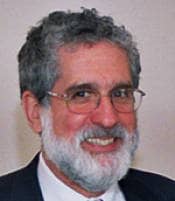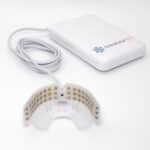
"Every dentist will likely manage a medical emergency during the courseof their practice. Planning for such an emergency involves preparing andeducating clinical staff, ensuring that medical equipment is accessibleand functional, and stocking emergency medications," said Rosenberg,who also co-authored the textbook Medical Emergencies in Dentistry.
Rosenberg advises that specific medications including oxygen, epinephrine, nitroglycerin, glucose, and reversal drugs be stocked and regularlychecked to ensure they have not exceeded their expiration dates. In addition, orthodontic and dental offices should have anautomated external defibrillator and a portable oxygen delivery system.
The checklist also details the appropriate administration of medicationand uses of equipment based on medical emergencies including allergicreaction to medications, hyperventilation, or heart attack.
"Emergency preparedness includes adequate training so that dentists andstaff respond reflexively to an emergency situation and facilitatebetter diagnosis and care of the patient," Rosenberg said.








